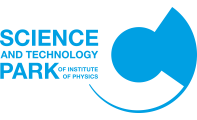This page is provided for archival purposes!
Organizers thank all the participants and sponsors of Apropos 16!
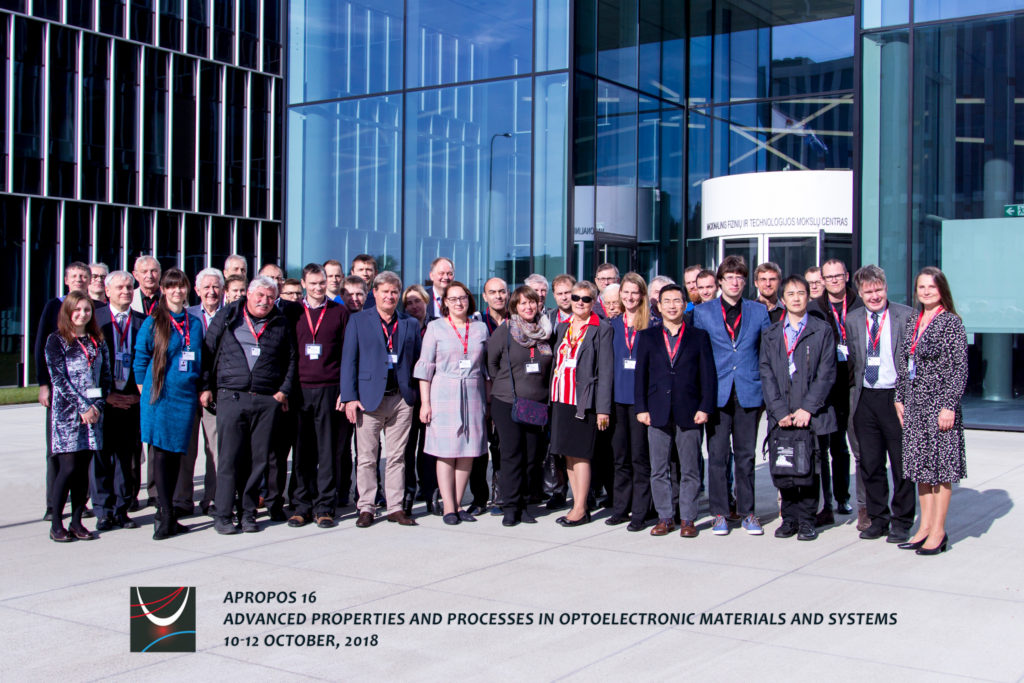 Photo author: Ovidijus Žalys
Photo author: Ovidijus Žalys
Dates
Conference on 10-12 October, 2018
Submission of abstracts (extended) – 15 June
Notification of acceptance (extended) – 16 July
Early bird discount ends – 30 September
Location
Center for Physical Sciences and Technology
Saulėtekio av. 3
Media
Invitation
Apropos 16 Abstract Template
Apropos 16 Final Programme
Apropos 16 Abstract Book
Organizer
Sponsors
Supporters
Update: Registration will be open from 9 October, 15:00 at the conference venue, NFTMC Lobby (Saulėtekio ave. 3)
The conference continues the series of the symposia started as “Plasma and instabilities” held every third year since 1971. After Lithuania has regained the independence in 1990, the meeting was transformed into International Symposium on Ultrafast Phenomena in Semiconductors (UFPS), Vilnius, Lithuania.
In 2016, the Center has moved to a new building located in Saulėtekis (Sunrise) avenue. Modern technological and scientific laboratories open new paths to science and innovations. Therefore, the conference also should gain new advanced topics, photonics-based scope and fresh insights reflected under new name.
Articles will be published in separate issue of Lithuanian Journal of Physics.
Topics
- Semiconductor nanostructures and advanced photonics systems
- Organic materials for optoelectronics
- Ultrafast and THz phenomena
- Laser technologies & light emitting diodes
- Nano- and biophotonics
Invited speakers
 |
Feng Gao Linköping University (Linköping, Sweden) Decrease the photovoltage losses in organic solar cells |
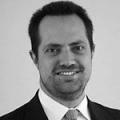 |
Peter Haring Bolívar Universität Siegen (Siegen, Germany) PCR-free THz biosensing with metamaterials |
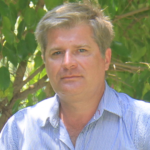 |
Andrey Kadashchuk Institute of Physics of National Academy of Science of Ukraine (Kiev, Ukraine) Optoelectronic properties of wide-bandgap hybrid organic-inorganic perovskite films |
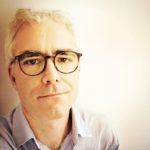 |
Lukasz Klopotowski Institute of Physics PAS (Warsaw, Poland) Spin relaxation dynamics in copper-doped CdSe nanocrystals |
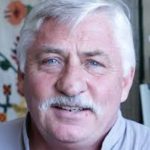 |
Wojciech Knap Center for Terahertz Research and Applications (CENTERA), Polish Academy of Sciences, Warsaw, Poland and L2C laboratory CNRS and University of Montpellier, France THz detectors based on transistors. From basic science to réal world applications |
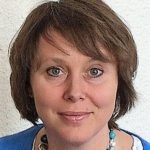 |
Polina Kuzhir Belarusian State University (Minsk, Belarus) THz wave concentrators: Carbon based photonic crystals and perfect absorbers |
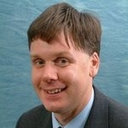 |
Edmund H. Linfield University of Leeds (Leeds, U.K.) Terahertz quantum cascade lasers – from devices to applications |
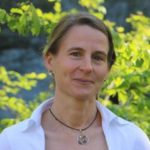 |
Kathy Lüdge Berlin University of Technology (Berlin, Germany) Performance and emission dynamics of multi-section passively mode-locked semiconductor lasers |
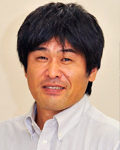 |
Chiko Otani RIKEN Center for Advanced Photonics (Sendai, Japan) Structural change of macromolecules by intense THz radiation |
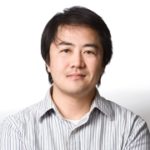 |
Tsuneyuki Ozaki Institut National de la Recherche Scientifique (Quebec, Canada) Intense THz sources and Nonlinear THz Optics |
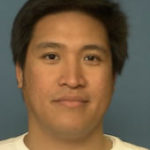 |
Carlito S. Ponseca, Jr. Linköping University (Linköping, Sweden) Towards Terahertz Organic Electronics: THz antenna from celery decorated with metallic conjugated polymer |
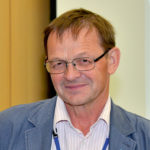 |
Gediminas Račiukaitis State research institute Center for Physical Sciences and Technology (Vilnius, Lithuania) Reduction of graphite oxide to graphene using intense laser radiation |
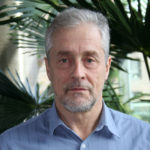 |
Hartmut G. Roskos Goethe-Universität (Frankfurt/M, Germany) Surface plasmon-polaritons studied by scattering-type SNOM |
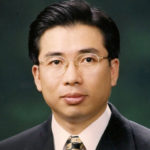 |
Joo-Hiuk Son University of Seoul (Seoul, South Korea) Cancer treatment using terahertz radiation |







